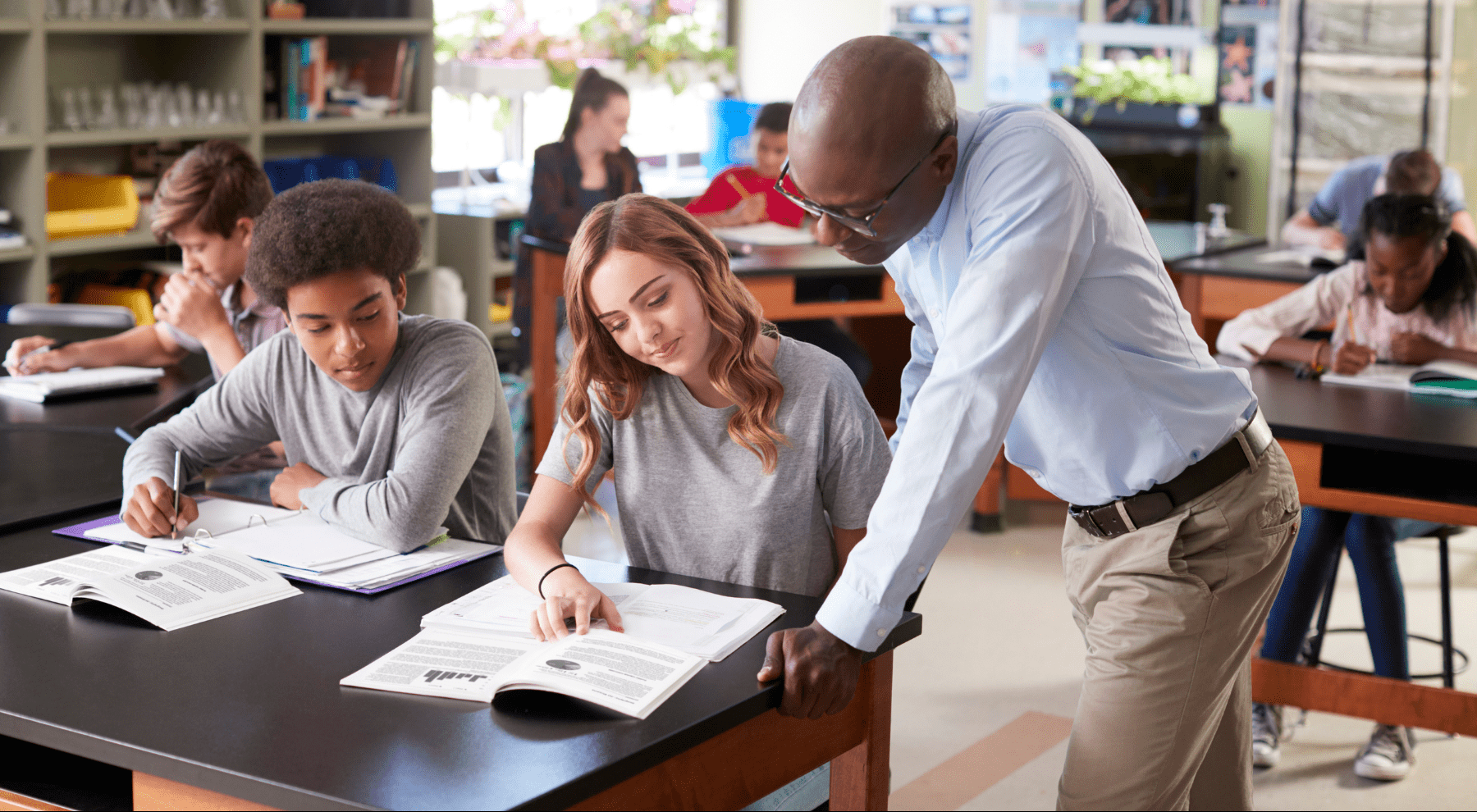About the Program
The Education profile will offer you different ways of looking at education. It will give you a behind-the-scenes look at schools, teaching and related concerns. You will examine education broadly to see how it fits with the rest of society and its connection with the labour force. You will look at schools from the classroom’s perspective and student-teacher interaction and understand students’ psychological development. You will study various social issues such as racism and sexism, to determine their impact on students, schools and society. Feasible solutions will be discussed. This profile will offer you the opportunity to take two fieldwork courses.
Program Goal:
To develop knowledge and critical thinking about issues relating to the development and education of children; to examine the field of teaching and its challenges and opportunities.





